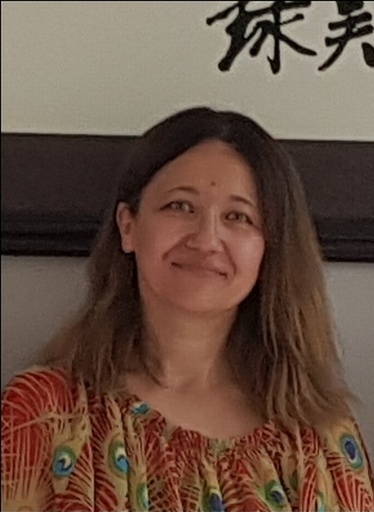Invited Speaker

Prof. Gordana Medunić
Department of Geology, Faculty of Science, University of Zagreb, CroatiaSpeech Title: A shallow Mediterranean Raša Bay, polluted by Raša coal mine discharges, needs urgent clean-up measures!
Abstract: Coal extraction causes significant degradation of the environment and human health. This is even more disastrous when coal layers and coal waste are located inside of marine coastal zones. They are commonly impacted by human activities as a large fraction of the global population lives within hundred kilometers of the coast. The problem gets far worse when we talk about the coal which has exceptionally high levels of sulphur (S), selenium (Se), and uranium (U), the environmentally hazardous elements. Such a coal can be found in SW China, but also in Croatia, a Central European country, where it is known under the name of Raša coal. Its layers are located next to the Adriatic Sea. My recent multidisciplinary research, conducted with fellows from various natural sciences, has shown increased levels of S, Se, and U in all environmental domains (soil, water, sediments, home-grown and wild plants, wild animals, etc.). This has been a sound motive for my ongoing survey of the offshore sediment geochemistry. Recently collected sediment core samples have provided us with a sound macroscopic evidence of a massive presence of coal waste there. Considering the fact that the Raša Bay is rather shallow and confined, a proper understanding of the processes occurring there is required in order to predict potentially hazardous effects of constant flows of abandoned Raša coal mine discharges. With time, these impacts will increase. I hope my research shows how emergent the civil and ecological engineering expertizes and actions are in the case of the Raša Bay (North Adriatic, Croatia) as it is a linked component of the whole Earth system.
Biography: Gordana Medunić is a full professor of environmental geochemistry at the Department of Geology (Faculty of Science, University of Zagreb, Zagreb, Croatia). She completed her M.Sc. thesis in geochemistry of fresh-water carbonate rocks, and Ph.D. in environmental geochemistry of river floodplain sediments. Her ongoing scientific as well as teaching interests span the topics related to environmental impacts of the coal industry. Through her multidisciplinary research, she has collaborated with coal geologists, water treatment technologists, physicists, chemists, biologists, toxicologists, and veterinary as well as occupational medicine professionals. Hereby, her research employs environmental indicators in terms of actual monitoring and assessment problems. She is currently interested in the fate of selenium (Se) and uranium (U) in the coastal karst environment, and risk assessment methods.
